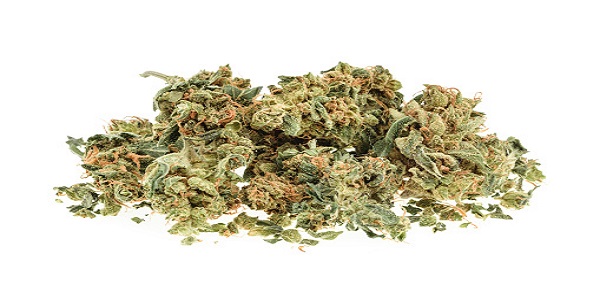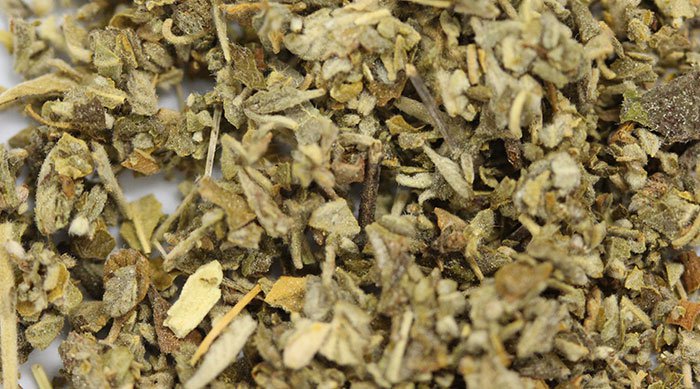Buy K2 Paper for Sale: Raise Your Marijuana Experience with Quality Products
Buy K2 Paper for Sale: Raise Your Marijuana Experience with Quality Products
Blog Article
Checking Out the Promising Applications and Favorable Effects of Flavor as a Synthetic Cannabinoid
Over the last few years, the exploration of synthetic cannabinoids, particularly Seasoning, has actually stimulated interesting discussions within the clinical and clinical neighborhoods. The possible applications and impacts of Flavor in numerous restorative settings have drawn attention for their unique properties and results on the body. As study digs much deeper into this synthetic compound, discovering its similarities and differences with all-natural cannabinoids, a nuanced understanding of its benefits and obstacles arises. This discussion aims to lose light on the promising opportunities that Flavor provides in the realm of medical care and wellness, motivating a reevaluation of conventional techniques to cannabinoid-based therapies.
Restorative Prospective of Flavor
Exploring the restorative potential of Spice, a synthetic cannabinoid, entails an important exam of its medicinal homes and potential clinical applications. Spice, additionally referred to as synthetic cannabis, engages with the endocannabinoid system in a manner comparable to natural cannabinoids, such as those discovered in cannabis. This communication causes various physical results that have actually sparked rate of interest in its therapeutic possibilities.
Research studies have shown that Spice may have prospective as an analgesic, aiding to minimize discomfort in problems such as neuropathic pain or persistent inflammatory discomfort - Buy K2 Paper For Sale. Additionally, its interaction with cannabinoid receptors provides a possibility for discovering its usage in managing signs and symptoms of conditions like multiple sclerosis or chemotherapy-induced queasiness and throwing up

Pain Administration Conveniences
Spice, a synthetic cannabinoid, exhibits promising capacity in discomfort monitoring as a result of its analgesic buildings and communications with the endocannabinoid system. The analgesic properties of Spice come from its capacity to regulate discomfort assumption paths, supplying alleviation from numerous kinds of discomfort, consisting of neuropathic, inflammatory, and nociceptive discomfort. By targeting the endocannabinoid system, Seasoning can control discomfort signals, minimize inflammation, and minimize discomfort related to chronic pain conditions.
Studies have revealed that Seasoning can properly minimize pain intensity and improve pain tolerance in preclinical models of discomfort. This artificial cannabinoid has demonstrated efficacy in taking care of discomfort signs without triggering significant adverse results generally related to conventional pain medicines. Additionally, Spice reveals possible in decreasing opioid dependancy and misuse, supplying a much safer alternative for pain monitoring.
Neuroprotective Qualities
Artificial cannabinoids like Flavor have been significantly acknowledged for their potential neuroprotective homes in mitigating neuronal damages and promoting mind health and wellness. Studies recommend that these compounds might provide neuroprotection with numerous mechanisms, consisting of antioxidant effects, anti-inflammatory properties, and inflection of neurotransmitter launch. By connecting with the endocannabinoid system in the brain, artificial cannabinoids can control neuronal activity and potentially lower the impact of neurodegenerative diseases or injuries.
One key facet of the neuroprotective residential properties of Spice is its capability to regulate excitotoxicity, a process where extreme stimulation of neurons leads to cell damage or fatality. By managing neurotransmitter launch and wetting excitotoxic signaling paths, artificial cannabinoids may assist secure nerve cells from hazardous overstimulation. In addition, the anti-inflammatory effects of Flavor might mitigate neuroinflammation, which is typically linked in numerous neurological disorders.
Comparative Analysis With All-natural Cannabinoids
In contrasting the neuroprotective residential properties of synthetic cannabinoids like Spice with those of natural cannabinoids, a nuanced examination of their corresponding results on neuronal health is essential. Natural cannabinoids, such as those discovered in the marijuana plant, have actually been thoroughly studied for their neuroprotective effects. These compounds communicate with the endocannabinoid system in the body, which plays a crucial duty in maintaining neuronal function and securing against neurodegenerative illness.

Regulative and Ethical Factors To Consider
Considering the possible implications on human health and wellness, an evaluation of regulatory and ethical considerations bordering the usage of artificial cannabinoids contrasted to natural cannabinoids is crucial. Synthetic cannabinoids, like Spice, existing one-of-a-kind difficulties because of their frequently unknown chemical make-ups and strength variants. Regulative bodies face the daunting task of staying up to date navigate to these guys with the fast development of the original source brand-new synthetic cannabinoid substances, which can make it challenging to enforce regular and efficient laws.

To address these governing and honest difficulties, policymakers must focus on research study right into the long-lasting effects of artificial cannabinoids and establish clear standards for their manufacturing, sale, and use. Education and learning projects are necessary to inform the public regarding the threats connected with artificial cannabinoids and promote accountable usage practices. By taking positive measures, society can much better safeguard against the possible harms posed by artificial cannabinoids while supporting ethical standards and safeguarding public wellness.
Conclusion
To conclude, the investigation right into the therapeutic capacity of seasoning as a synthetic cannabinoid has revealed encouraging outcomes in pain monitoring and neuroprotection. Comparative analysis with natural cannabinoids recommends comparable advantages. However, regulative and honest considerations need to be carefully a knockout post analyzed prior to extensive usage. On the whole, the positive impacts of spice as a synthetic cannabinoid warrant further study and expedition in the clinical field.
Report this page